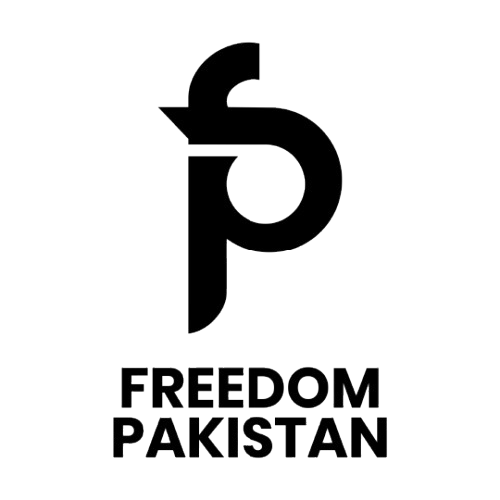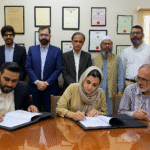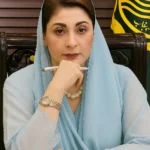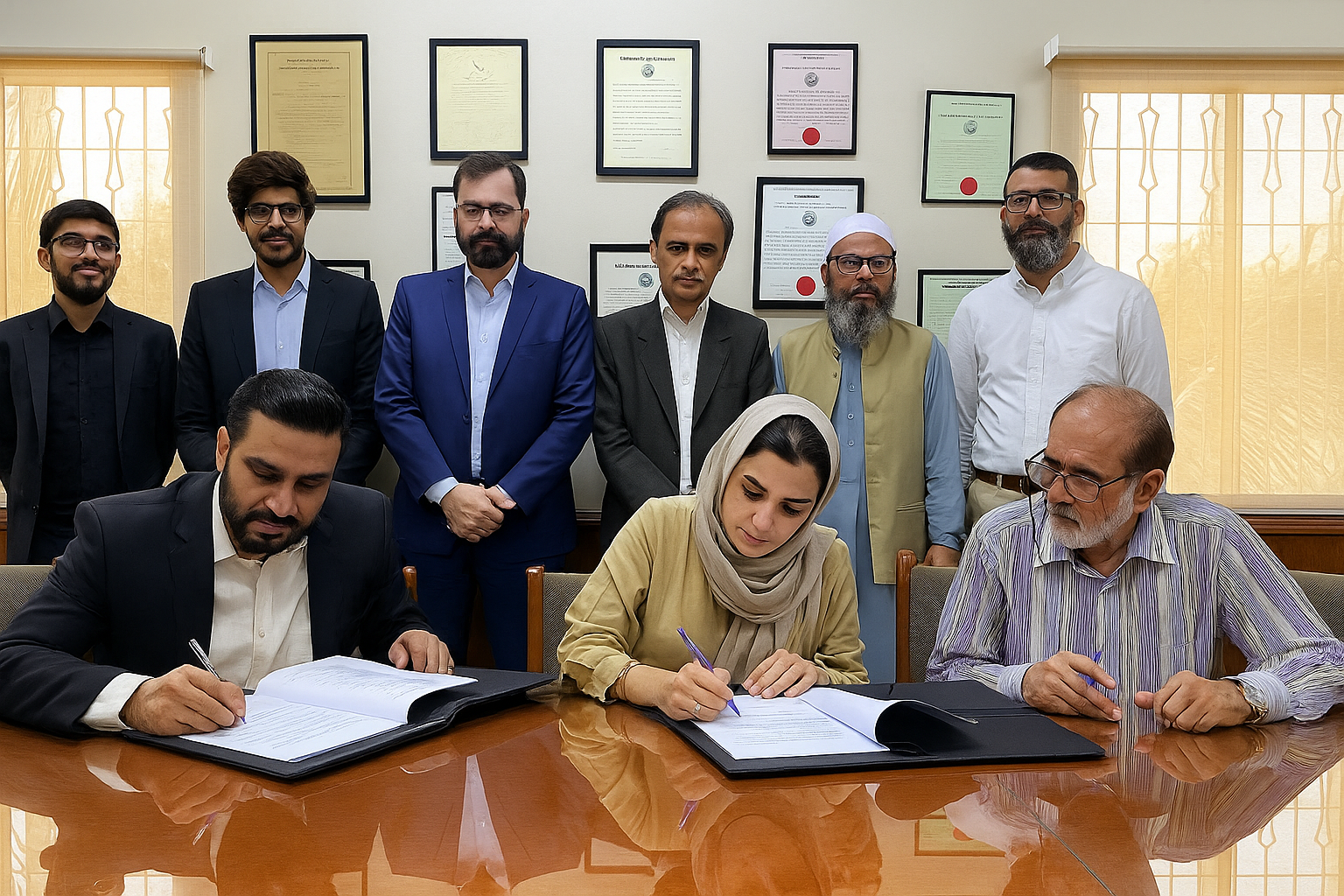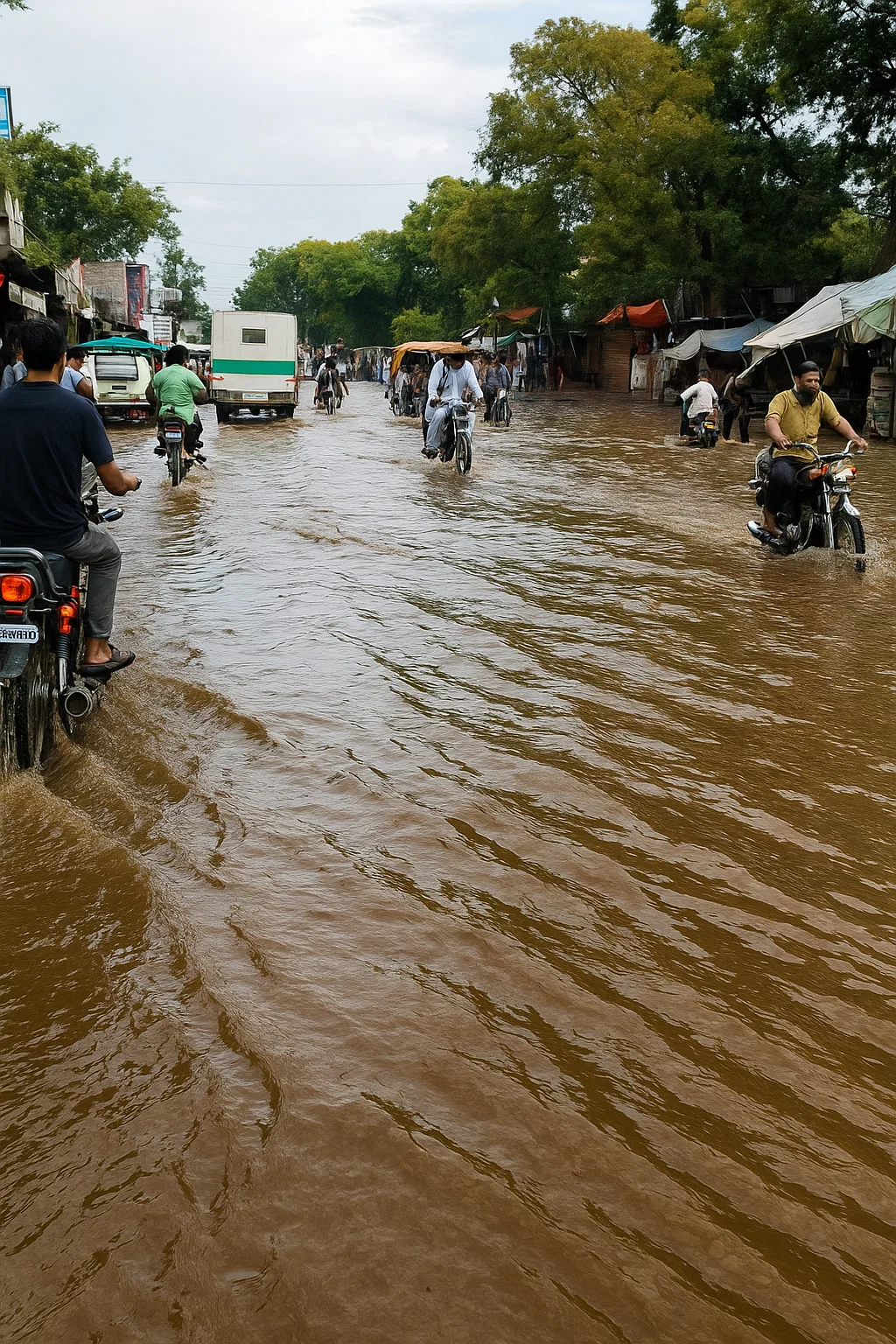Pakistan’s Deputy Prime Minister and Foreign Minister, Ishaq Dar, has created history by becoming the first Pakistani foreign minister to visit Dhaka in 13 years. This two-day trip is being seen as a turning point in Pakistan-Bangladesh relations, which have remained complicated for decades but are now slowly entering a new phase of cooperation and mutual respect.
The visit is being hailed as a diplomatic breakthrough not just for Pakistan and Bangladesh but for the entire South Asian region. For many, the fact that Ishaq Dar is leading this mission signals the seriousness with which Islamabad wants to reset its ties with Dhaka.
The Significance of the 13-Year Gap
The last time a Pakistani foreign minister visited Dhaka was more than a decade ago. This long absence reflects the uneasy history between the two nations, which have struggled to rebuild trust since 1971. Against this backdrop, the arrival of Ishaq Dar in Dhaka carries symbolic weight.
Observers note that such a high-level visit demonstrates a willingness on both sides to leave behind difficult memories of the past and to focus instead on a cooperative future. By personally taking the lead, Ishaq Dar has shown that Pakistan wants to prioritize diplomacy, trade, and regional cooperation in its foreign policy agenda.
Strengthening Bilateral Relations
During his visit, Ishaq Dar is scheduled to meet with Bangladesh’s Chief Adviser, Muhammad Yunus, along with other top officials. The discussions are expected to focus on multiple areas:
-
Trade and economic collaboration – building direct channels for import and export.
-
Cultural exchanges – strengthening people-to-people ties through academic, sports, and cultural programs.
-
Regional security and cooperation – exploring ways to cooperate within South Asia and global platforms.
Officials have hinted that several agreements and memorandums of understanding (MoUs) may be signed during this trip. If finalized, these will mark the beginning of a more structured relationship.
READ MORE:
https://freedompakistan.com.pk/ifj-urges-sc-to-review-peca/
A Shift in Policy Directions
The visit by Ishaq Dar does not come in isolation. It follows recent diplomatic moves showing that both Pakistan and Bangladesh are serious about normalizing ties. Last year, political changes in Dhaka opened the door for dialogue, while Pakistan reciprocated by showing readiness for cooperation.
Already, some concrete steps have been taken:
-
Allowing visa-free travel for government officials.
-
Initiating direct trade agreements between companies of both countries.
-
Increasing academic cooperation through scholarships and exchange programs.
The fact that Ishaq Dar is visiting at this moment highlights Pakistan’s desire to build on this momentum rather than let it fade away.
Economic Opportunities on the Horizon
Economists suggest that improved relations between Pakistan and Bangladesh could benefit both economies significantly. Bangladesh is one of the fastest-growing economies in South Asia, while Pakistan has vast markets and resources that could complement Dhaka’s industries.
Ishaq Dar, known for his background in finance and economic management, is uniquely positioned to lead discussions on trade and investment. His involvement raises expectations that economic cooperation will be prioritized, especially in textiles, agriculture, and technology sectors.
Regional Cooperation and Stability
Beyond trade, the visit also has broader implications for South Asia. Regional organizations such as SAARC have long struggled due to political differences among member states. Analysts argue that the presence of Ishaq Dar in Dhaka could help revive some level of cooperation within the region.
By choosing dialogue over distance, Pakistan and Bangladesh can send a message to the rest of South Asia: that collaboration is possible even after decades of strained relations.
Symbolism of Ishaq Dar’s Visit
The name of Ishaq Dar has become central to this historic moment. His visit is not just about bilateral agreements; it is about opening a new chapter. His presence in Dhaka after such a long gap signals Pakistan’s willingness to invest political capital into improving ties.
For the people of both countries, this moment carries emotional weight as well. Families, traders, and students who have long desired easier exchanges see this visit as a step toward building lasting bridges.
Challenges Ahead
Despite the positivity, challenges remain. Mistrust from the past cannot disappear overnight. Analysts note that both governments will have to be consistent in their commitments, ensuring that the promises made during the visit of Ishaq Dar turn into reality.
Transparency, accountability, and sustained political will are essential to make sure this diplomatic breakthrough is not just symbolic but transformative.
Opening a New Chapter
At the end of his visit, Ishaq Dar is expected to release a joint statement with Bangladeshi officials, outlining the roadmap for future cooperation. This will likely include commitments to trade growth, cultural exchanges, and enhanced diplomatic ties.
The ultimate goal is to turn this symbolic visit into a foundation for long-term relations. For many, this trip is a reminder that even after years of distance, diplomacy can bring nations closer.
Conclusion: A Historic Step Forward
In conclusion, the visit of Ishaq Dar to Dhaka after 13 years marks a historic moment for Pakistan-Bangladesh relations. It is not just the first official visit by a Pakistani foreign minister in over a decade; it is also a statement of intent.
By repeating his name across every stage of this diplomatic journey, one thing becomes clear: Ishaq Dar has positioned himself at the center of this new chapter in South Asian diplomacy. His trip reflects hope, determination, and a renewed vision for cooperation between two important nations of the region.
